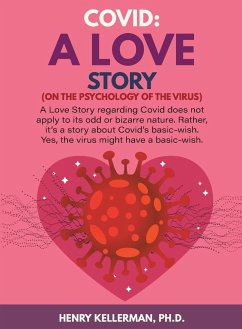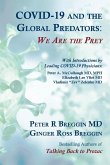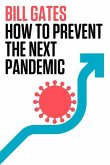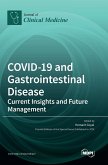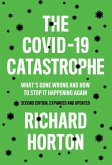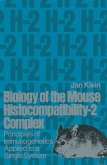We are concerned here with a contradiction. The question becomes: Is the virus a seeking organism for some validation, or is it simply something destructive? Concerning its harmful behavior, one might hypothesize that the virus becomes dangerous only when it does not get what it wants. Thus, the first issue raised concerns whether the virus is an organism that may want something ¿ even wish for it. Second, if the virus wants something, does that mean it is alive? A tentative answer is that the traditional scientific position about the virus is that it is half alive and half not. So, a probable implication is: "Of course not ¿ we don't think of the virus as having a wish." Yet, in contrast, if we can entertain the possibility of the virus possessing a wish, an alternate issue not necessarily opposed to the scientific definition of the virus's so-called half-alive existence may be revealed. The simple answer to what a "half-alive life" (alive and not alive) might be is one that hypothesizes that the virus wants to be alive; this is what it might wish. Or we might alternatively state that all organisms fight "to be alive" while the virus's fight is instead to be at least "in existence." ... Thus, the objective of this volume is to render some tentative emotional and psychological underpinning to the proposed infrastructural essence of the virus. The hope is that such an investigation can join the linkage to other ongoing scientific/research investigations into the virus's fundamental nature. This means adding a metapsychology (psychological theory) to the investigation of the virus ¿ such as adding a psychological element to its (the virus's) already expanding oeuvre that has to date included study and research. ...
Hinweis: Dieser Artikel kann nur an eine deutsche Lieferadresse ausgeliefert werden.
Hinweis: Dieser Artikel kann nur an eine deutsche Lieferadresse ausgeliefert werden.

